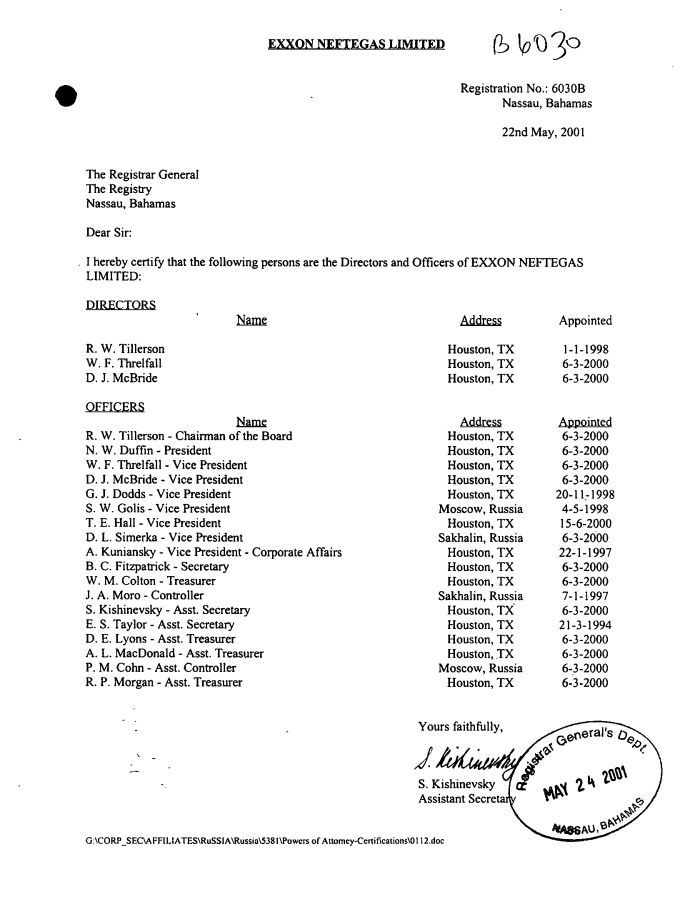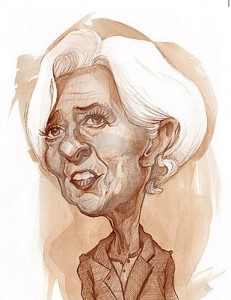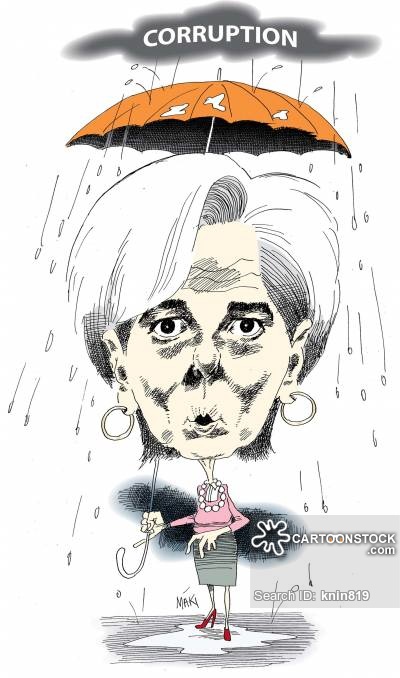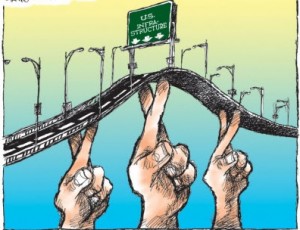It seems likely in the US that Hillary Clinton will be elected President next month. Here is what here economic team may look like: Larry Summers or Paul Krugman have been hovering around Mrs.Clinton during the long campaign. They will both probably get positions in the administration. Here are some other prospects who might be choices as head of Treasury and Labor, or as deputies in these executive agencies or advisors to the President..
Stephanie Kelton is an economics professor at the University of Missouri-Kansas City. She has served as the chief economist for the Democrats on the Senate Budget Committee, and as an advisor to Bernie Sanders.
Kelton is probably best known for her work on Modern Monetary Theory (MMT). It emphasizes that debt issued by the federal government doesn’t operate like any other form of debt. This is because the government can’t create all the money it wants, but can only create too-high inflation. And finally, that the amount of money the government puts into the economy via spending, versus the amount it takes out via taxes, is a key part of the overall ecology that determines the supply of jobs. And few people have done as much to game out the economic and policy consequences of those simple points as Kelton.
Joseph Stiglitz is an economics professor at Columbia University, a former CEA chair, and a Nobel Prize winner. He’s one of the most important economists in the world, and probably the one most unafraid to sit squarely and unabashedly to the left of mainstream economic orthodoxy.
Stiglitz takes aim at the forces creating inequality, and how they warp society and damage human lives. He understands that economics is created by politics: Inequality and stagnant wages are not the product of mere “natural” market forces, but of the way power is distributed throughout society and then used to shape the rules that govern economic outcomes.
Heather McGhee started at Demos, a left-leaning policy shop, way back in 2002; now she runs it. She was deputy director of domestic and economic policy for John Edwards’ 2008 presidential run, and helped engineer that campaign’s breakthrough effort to put the class divide at the center of U.S. politics. She works hard to marry racial and economic justice into one coherent goal, backed by serious policy substance.
Pavlina Tcherneva is the economics chair at Bard College, and a research scholar at the Levy Economics Institute. She’s cut from much the same cloth as Kelton, but Tcherneva has devoted particular energy to the idea o a job guarantee.

 Dimensions-of Womens Autonomy and Family Influence
Dimensions-of Womens Autonomy and Family Influence









